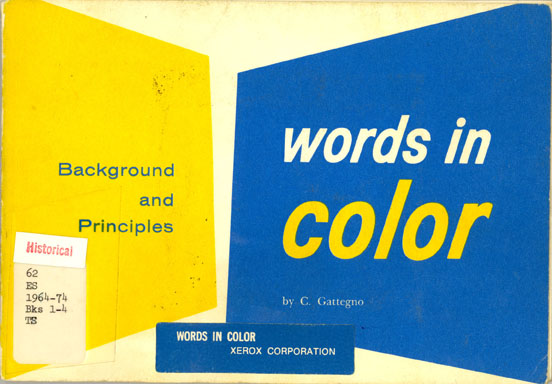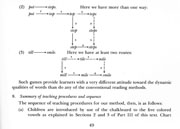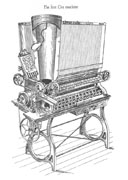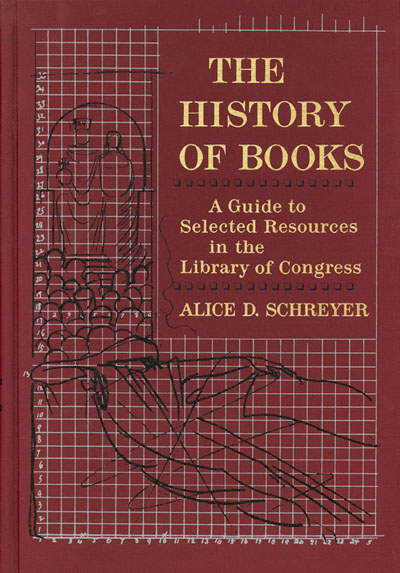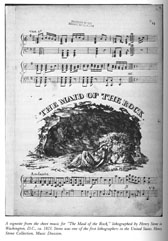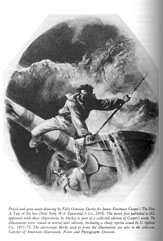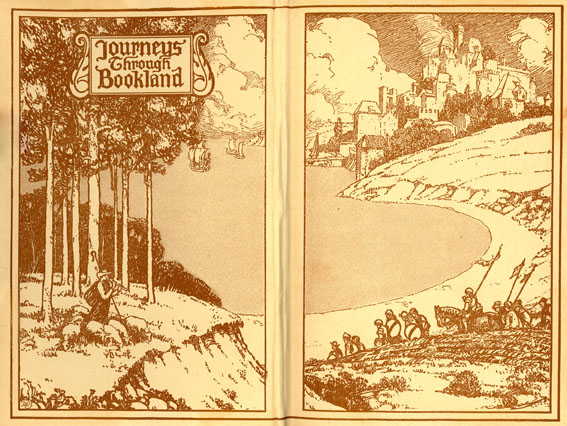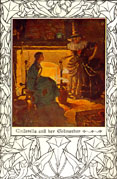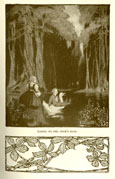By: Lauren Fink, ARB Intern, 2011-2012
Falling asleep reading is common problem that can result from a number of factors. Firstly, reading typically involves the photoreception of dark text against a light background, or vice versa, which can tire out the muscles of the eye due to their repeated adjustment to contrast. Secondly, reading may become habitual with falling asleep, i.e. if you always read before bed you will associate reading with time to fall asleep. The following are some important considerations when trying to read and comprehend effectively:
- Make a habit of reading during a time of day when you are most awake.
- Do not read in the sun
- Avoid bare light bulbs
- Avoid light windows
- Avoid glare on your book page
- Reduce screen glare
- Reduce contrast in your room and on computer screen
- Avoid hypnotism from highlighting
- Improve sitting posture
- Get up and move around. In general, take breaks about every 45 minutes
- Stay hydrated; take water breaks (dehydration makes you tired). Having to get up to go to the bathroom will also wake you up and get your blood flowing!
- Snack – not on something that will induce a sugar crash though! Try fruit or nuts.
- Sit up while studying; change positions regularly; do not lay in bed or in a comfy chair
And if you’re looking for something to read, try these books about reading in the Archives and Rare Books Library:
Basbanes, Nicholas A. Patience & Fortitude: A Roving Chronicle of Book People, Book Places, and Book Culture. 1st Ed. New York: HarperCollins, 2001.
ARB ref: Z4 .B395 2001
Bettley, James, ed. The Art of the Book: From Medieval Manuscript to Graphic Novel. London: V&A Publications, 2001.
ARB ref: Z116.A3 A77 2001
Gattegno, Caleb. Teaching Reading with Words in Color; A Scientific Study of the Problems of Reading. Chicago: Encyclopedia Britannica Press, 1968.
ARB: TEXT 62 ES 1964-74 Bks 1-4 TE
Ireland, Alexander. The Book-Lover’s Enchiridion: Thoughts on the Solace and Companionship of Books, and Topics Incidental Thereto; Gathered from the Best Writers of Every Age, and Arranged in Chronological Order. London: Simpkin, Marshall, & Co., 1884.
ARB: Z1003 .I65 1884
Jackson, H. J. Marginalia: Readers Writing in Books. New Haven: Yale University Press, 2001.
ARB: Z1003 .J12 2001
Moran, James. The Composition of Reading Matter: A History from Case to Computer. London: Wace, 1965.
ARB: Z253 .M78 1965
Schreyer, Alice D. The History of Books: A Guide to Selected Resources in the Library of Congress. Washington: The Center for the Book, The Library of Congress, 1987
ARB ref: Z1002 .S35 1987
Staikos, Konstantinos. The Great Libraries: From Antiquity to the Renaissance (3000 B.C. to A.D. 1600). Translated by Timothy Cullen. 1st English Ed. London: The British Library, 2000.
ARB ref ovsz: Z723 .A7313 2000 c.3
Sylvester, Charles H. Journeys Through Bookland : A New and Original Plan for Reading, Applied to the World’s Best Literature for Children. 5th Ed. Chicago: Bellows-Reeve Company, 1913.
ARB: PN6014 .S82 1913 v. 1-10
Webster, Noah. An American Selection of Lessons in Reading and Speaking. Calculated to Improve the Minds and Refine the taste of youth. And Also to Instruct Them in the Geography, History, and Politics of the United States. To Which are Prefixed, Rules in Elocution, and Directions for Expressing the Principal Passions of the Mind. Being the Third Part of a Grammatical Institute of the English Language. To Which is Added, an Appendix, Containing Several New Dialogues. 11th Ed. Boston: Isaiah Thomas and Ebenezer T. Andrews, 1797.
ARB: PE1120 .W4 1797

